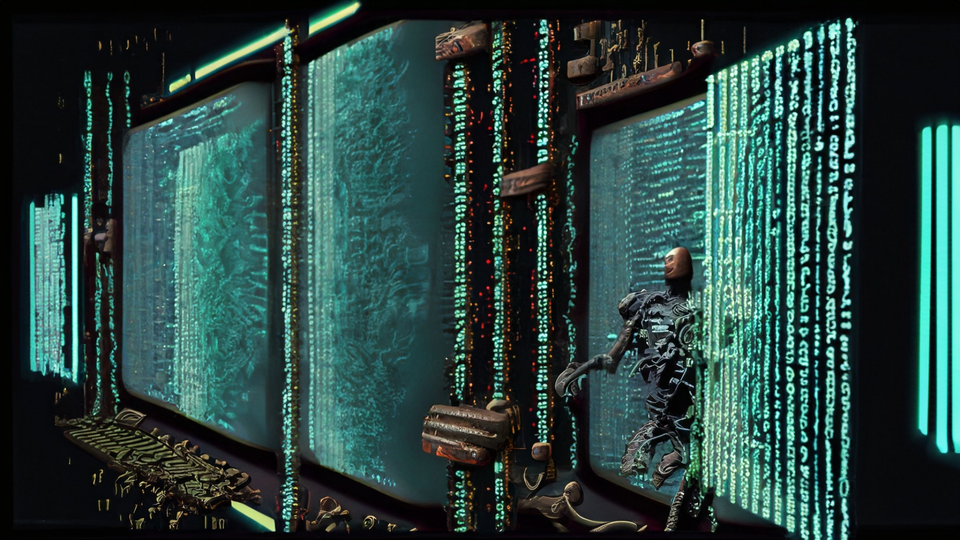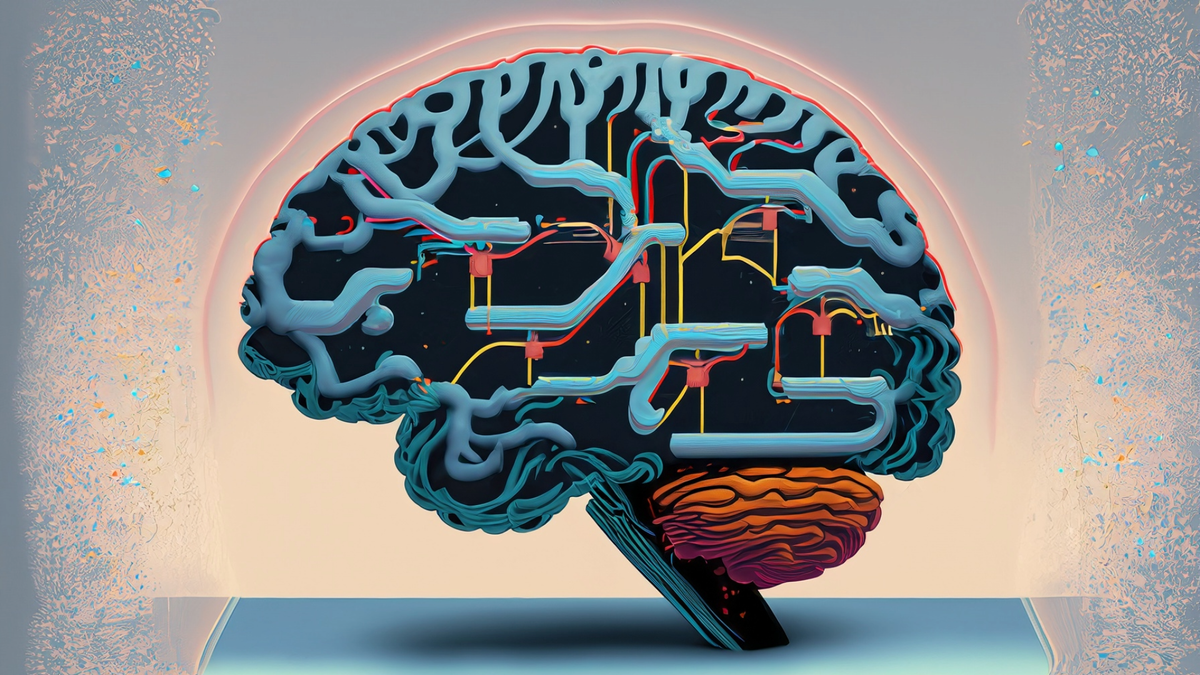Cursor: The AI-first Code Editor

It's a clever bit of marketing that. It is not the first AI code editor, but the AI-first code editor.

Code editors are for techies, software people who build websites, APPs and tools. Back in the day I started with Adobe Dreamweaver as I love Adobe Coldfusion. These guys built their own IDE (Integrated Development Environment) called Coldfusion Builder. Today, the tool of choice seems to be VS Code which I also use and find brilliant. This comes with some very helpful extensions which means anyone who codes in a myriad of coding languages can do so.
It is not the fact that this is another code editor that interests me, it is that they recognise how AI can make software developers more productive and that they are boldly shouting this from the rooftops. I really like this approach.
If I was a junior developer, or someone wishing to start a career in software development I would be hearing a very clear alarm. Just how much of the basics can AI now do? The answer is, ALL OF IT.
My rather brilliant business partner, who has a Masters in Computer Science, brought this tool to my attention. Over the last year we have discussed more about AI than any other subject over the last 11 years that we have been working together (with the exception of archeology).
AI tools are currently changing the way software developers work. Within 3 years most of their work will be done with AI assistance. Within 5 years the industry will be revolutionised.
This is no different to the introduction of looms in the textile industry hundreds of years again. Cursor is simply a tool that means you can do more with less. The interesting development will be how much easier it will be for saboteurs to disrupt this technical revolution. They will not be simply throwing their clogs (sabots) into cyberspace.
Cursor is clever. It acknowledges which language you are using, eg Javascript, it understands if you are using a library, eg React.js, it recognises a framework, eg Next.js, it adapts itself to any styling being used, eg standard CSS or Tailwind and when you ask a question it delivers a solution using the tools you have selected. You can choose to accept this solution or interrogate further to get what you want. Along the way software developers may also learn a thing or two. VS Code has a plugin called Co-pilot which is also integrated into Cursor.
What is really clever is that this is done inline, not only within a document but within a line of code. You say something in english, which is then translated into code. It is not just suggesting code and correcting your code looking for errors, it is waiting for a prompt then translating that into your coding language of choice.
The AI chatbots like Chatgpt have been doing this for some time, and are getting better at it, however Cursor integrates this tooling directly into where you need it. So no cut and paste. No return trips to a different tool. A true memory of what you need, exactly where you need it.
As with all things around AI, you just need to know what to ask it.
It is here, that new opportunities are developing. Software developers will need to understand the basics, to be able to ask the right questions (prompts), to get a solution that their AI assistant will create for them.
On their website Cursor have plenty of positive reviews from software developers saying how great it is. Their strapline: 'Build software faster in an IDE designed for pair-programming with AI' is perfect. It says what they do.
I predict that the established IDEs will all be developing similar functionality into future releases of their products. This is just another example of the AI gold rush that you will be hearing about.
For me, it is very similar to the ClickUp Brain that I am so impressed with. Their productivity solution gives you AI assistance exactly where you need it. Yesterday, I used it to draft a business introduction letter, which was brilliant.

I do, however, wonder about the medium term health of the software development industry. If AI is able to deliver all the basics; auth, business logic, UI, data interactions and testing, where will all the junior developers be? Surely it is the junior developers who become the senior developers who know what to ask of AI?
Perhaps this is an example of what the politicians and James Bondesque villains are calling an existential threat?
My question to you is; what is your business going to do?





